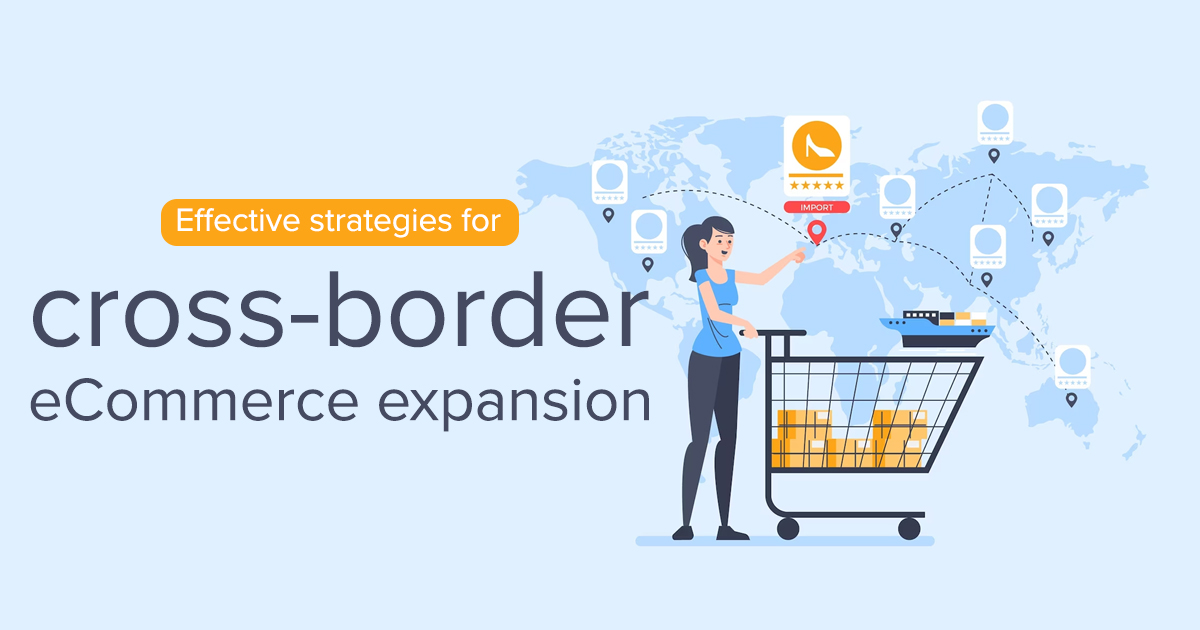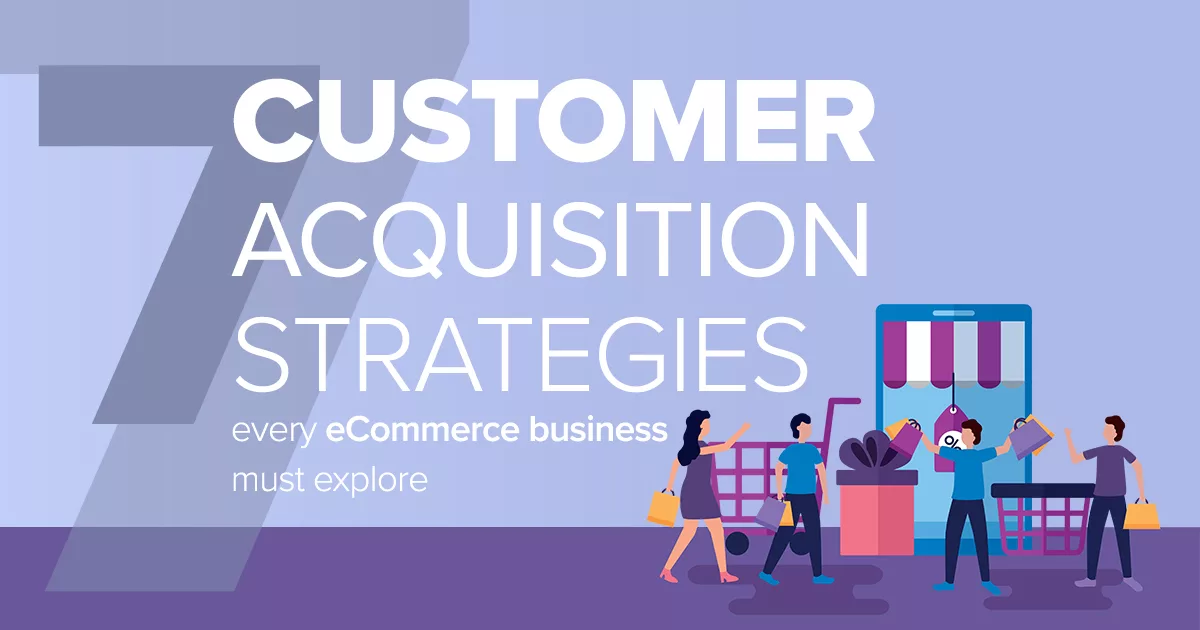Effective Strategies for Cross-border eCommerce Expansion

Expanding your eCommerce business across borders presents a tremendous opportunity for growth and accessing new markets. However, it also comes with unique challenges and considerations.
This article explores effective strategies for successful cross-border eCommerce expansion, helping you navigate the complexities and unlock the full potential of international markets.
I. Market Research and Localization:
Identify Target Markets: Conduct thorough market research to identify potential target markets. Consider factors such as consumer behaviour, purchasing power, cultural nuances, and competition to determine the most viable markets for expansion.
Localization:Customize your eCommerce website and marketing efforts to cater to the preferences and needs of the target market. This includes translating content, adapting product descriptions, accepting local currencies, and incorporating region-specific payment methods.
II. Logistics and Supply Chain Management:
International Shipping and Fulfillment: Partner with reliable international shipping providers or explore fulfilment centres in target regions to ensure efficient and cost-effective delivery of products. Consider factors such as customs regulations, duties, and taxes to streamline the shipping process.
Inventory Management: Optimize your inventory management system to accommodate the complexities of cross-border eCommerce. Implement real-time inventory tracking, anticipate demand fluctuations, and maintain adequate stock levels to meet international customer expectations.
III. Payment and Currency Considerations:
Multiple Payment Options: Offer a variety of payment methods that are popular and trusted in the target markets. This may include credit cards, digital wallets, and localized payment solutions to cater to diverse customer preferences.
Currency Conversion:Provide transparent and accurate currency conversion on your website to eliminate any ambiguity for international customers. Partner with reputable payment service providers that offer competitive exchange rates to ensure a seamless checkout experience.
IV. Compliance and Legal Considerations:
Regulatory Compliance: Familiarize yourself with international trade regulations, data privacy laws, and consumer protection regulations in the target markets. Ensure your business operations and customer data handling practices comply with local laws to mitigate legal risks.
Taxation and Customs:Understand the taxation and customs requirements of each target market. Seek professional advice to navigate complexities such as import duties, taxes, and customs documentation, ensuring compliance and avoiding delays or penalties.
V. Marketing and Customer Engagement:
Market-Specific Marketing Strategies:Tailor your marketing campaigns to resonate with the target market. Localize your advertising messages, leverage influencers or ambassadors from the region, and utilize culturally relevant imagery and content to establish a connection with the local audience.
Customer Support and Communication: Provide multilingual customer support to address inquiries and concerns from international customers promptly. Ensure your customer support team is knowledgeable about the target markets and their unique needs. Leverage localized communication channels such as local phone numbers or chat platforms to enhance customer engagement.
VI. Continuous Analysis and Optimization:
Data Analysis:Regularly analyze key performance indicators (KPIs) specific to cross-border eCommerce, such as conversion rates, customer acquisition costs, and average order values in each target market. Use data insights to identify areas for improvement and refine your strategies accordingly.
Iterative Approach: Take an iterative approach to cross-border expansion, continuously learning from the market, adapting strategies, and refining your operations. Embrace agility and flexibility to pivot as needed based on market dynamics and changing customer preferences.
Conclusion
Expanding your eCommerce business across borders can unlock significant growth opportunities, but it requires careful planning and execution. By conducting thorough market research, customizing your approach, optimizing logistics, addressing legal considerations, and implementing effective marketing strategies, you can successfully navigate the complexities of cross-border eCommerce expansion. Embrace a data-driven and iterative approach, continually optimizing your operations, and fostering customer engagement to thrive in international markets and drive long-term success for your business.
Get Ready to Soar with the Best eCommerce Website Developers in Jaipur!!
Looking for a trusted partner to bring your eCommerce vision to life? Look no further! Our team of dedicated developers is passionate about helping businesses thrive in the digital landscape. With the best eCommerce website platform in Jaipur, we create stunning websites that drive traffic, conversions, and revenue. Don’t let your competitors steal the spotlight. Embrace the expertise of our top-rated eCommerce developers and take your business to new heights. Your success story starts here!
Subscribe to our Blog
Read our newly created blogs delivered straight to your inbox.


